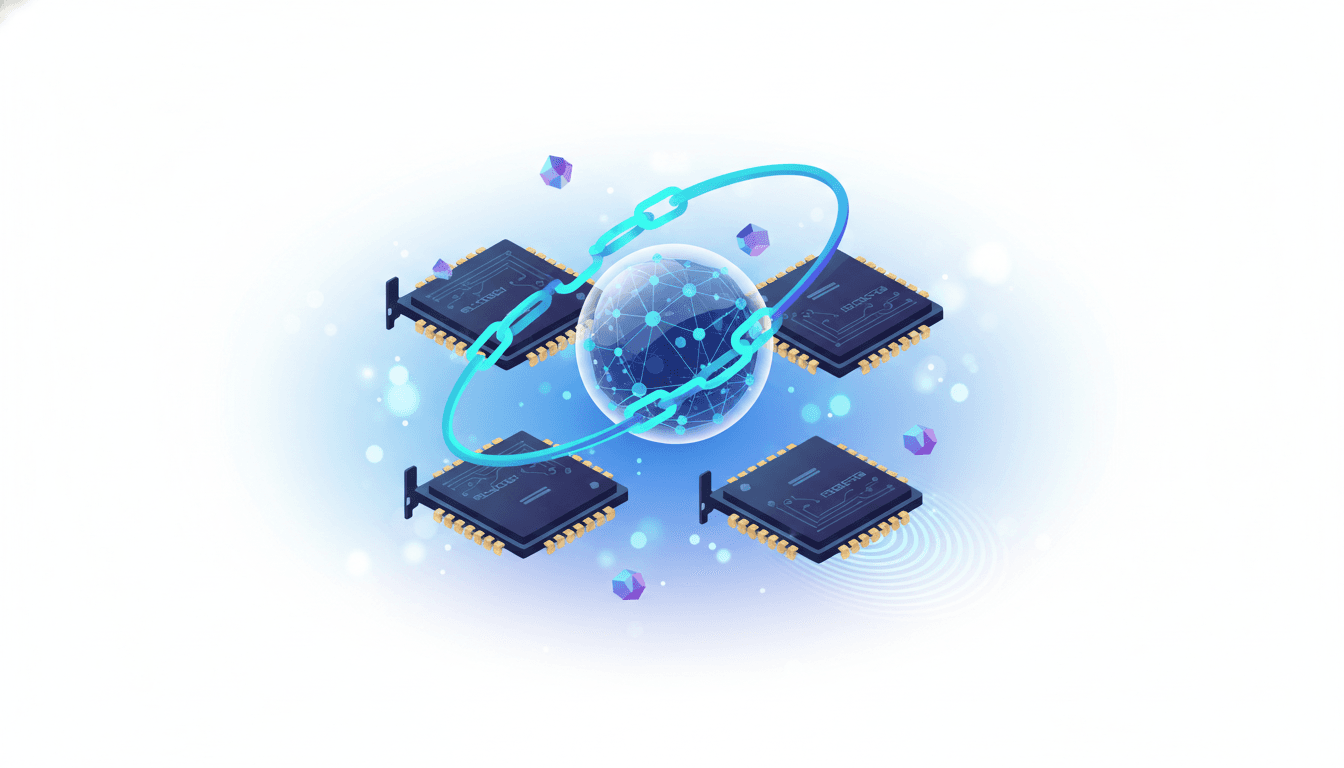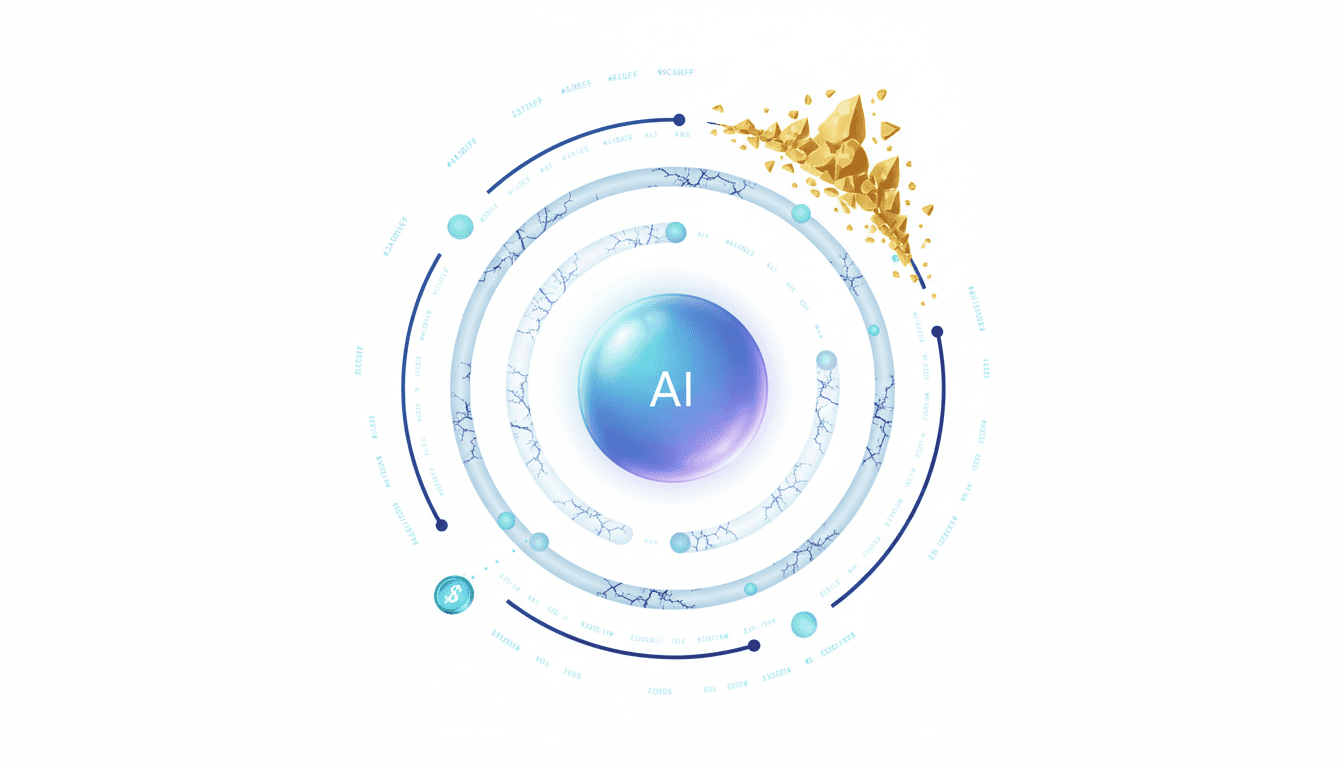Gemini 3 Benchmarks: Community-Led Insights on AI Performance

⚡ Quick Take
Have you ever watched a tech community turn into its own detective agency when the big players stay silent? That's exactly what's unfolding right now.
While Google remains quiet, the developer community is running its own "shadow benchmarks" on early Gemini 3 checkpoints, revealing a market that no longer trusts vendor-supplied leaderboards. The scramble for truth about Gemini 3's performance isn't just about accuracy; it's a referendum on a new, more demanding evaluation standard that measures cost, latency, and real-world tool use—metrics that will define the next phase of the AI platform wars.
Summary:
Unofficial and early checkpoints of Google's Gemini 3 are being stress-tested by developers and technical analysts. Instead of a clear performance picture, a fragmented and skeptical narrative is emerging, driven by a lack of official data from Google and a growing distrust of traditional model benchmarks. It's messy, sure, but there's something refreshing about it - like the community finally calling the shots.
What happened:
Developers are using methods like checking network logs in Google AI Studio to verify access to unannounced Gemini 3 checkpoints. They are running their own ad-hoc tests, with results scattered across YouTube, Hacker News, and technical blogs, creating a chaotic mix of enthusiastic claims and critical analysis. From what I've seen in these threads, the excitement mixes with a healthy dose of caution, plenty of reasons to dig deeper really.
Why it matters now:
This marks a significant shift in the AI market's maturity. The community is no longer waiting for polished marketing announcements. Instead, it's proactively building a more holistic evaluation framework that includes latency, cost-per-task, and tool-use reliability—factors critical for production deployments but often missing from official vendor sheets. That said, it's pushing everyone to think beyond the hype, weighing the upsides against what really counts in the long run.
Who is most affected:
Developers and enterprise AI teams are most affected, as they need to make high-stakes adoption decisions based on incomplete data. This puts pressure on Google to provide transparency and forces competitors like OpenAI and Anthropic to prepare for a new era of decentralized, multi-dimensional benchmarking. It's a wake-up call, one that leaves you wondering how quickly the old ways will fade.
The under-reported angle:
The conversation is moving beyond "who is smarter" (MMLU, AIME) to "who is more useful and efficient." The key gaps everyone is trying to fill relate to total cost of ownership (TCO) - measuring not just if a model gets the right answer, but how quickly, how cheaply, and how reliably it can execute a complex, multi-step task in a real-world application. And honestly, that's where the real story hides, in those everyday practicalities.
🧠 Deep Dive
Ever wonder what happens when the official word is missing, and folks just start piecing things together themselves? In the AI world, that's playing out with Gemini 3 in a big way.
The AI ecosystem is currently reverse-engineering the capabilities of Gemini 3, one unofficial test at a time. Without a formal announcement or benchmark sheet from Google, a grassroots evaluation effort has taken hold. Technical creators are publishing videos on how to confirm access to early checkpoints, while developers on Hacker News share anecdotal results from their private evaluation suites. This decentralized audit highlights a critical tension: the market's need for verifiable, production-ready metrics is rapidly outpacing the vendor-driven narrative of leaderboard supremacy. It's like watching a puzzle come together bit by bit - imperfect, but revealing.
This fragmented analysis reveals a clear demand for a new evaluation paradigm. While some reports focus on traditional benchmarks like the "Last Human Exam" (HLE) or standard math and coding tests (AIME, HumanEval), the more sophisticated analyses attempt to answer questions Google has yet to address. Observers are not just asking if Gemini 3 is better than GPT-4 or Claude on paper; they want to know its p95 latency, its cost-performance on RAG and agentic tasks, and its failure rate when generating structured data like JSON. I've noticed how these details - the ones that hit close to deployment - keep coming up, echoing what teams really grapple with day to day.
The current "competitor" landscape is a microcosm of this new reality. It's not just Google vs. OpenAI; it's a mix of rigorous head-to-head comparisons demanding methodological transparency, enterprise-focused blogs assessing integration readiness, and skeptical community threads challenging every claim. This reflects a market that has been burned by overhyped releases and is now building its own tools for verification. The absence of official data on enterprise SLAs, long-context retrieval degradation, and tool-use success rates has become the central story. But here's the thing: that void is forcing innovation, even if it's a bit bumpy along the way.
Ultimately, the "Gemini 3 benchmark" saga is less about the model itself and more about the maturation of the AI industry. The market is signaling that the era of relying solely on vendor-crunched scores is over. The focus has irrevocably shifted to operational metrics: performance under load, cost efficiency, and robustness in complex workflows. Whoever provides the most transparent and comprehensive data on these fronts - not just the highest score on GPQA - will win the trust of the builders who are scaling AI into production. It's a shift that feels inevitable now, looking back.
📊 Stakeholders & Impact
Stakeholder / Aspect | Impact | Insight |
|---|---|---|
Google (Gemini) | High | The unofficial evaluation cycle creates pressure to release official, comprehensive benchmarks that go beyond accuracy. It's a loss of narrative control that demands greater transparency. |
AI Competitors (OpenAI, Anthropic) | Medium–High | This sets a new precedent. Future model releases will be met with immediate, decentralized, and rigorous scrutiny focused on cost, latency, and real-world task success, not just leaderboard scores. |
Developers & ML Engineers | High | Forced to rely on fragmented data, they are simultaneously building the open tools and standards for a more robust evaluation culture. This empowers them but creates short-term uncertainty. |
Enterprise Decision-Makers | Significant | The lack of clear data on cost, SLAs, and compliance makes adoption risky. They are now demanding TCO models and verifiable performance before committing to a platform. |
✍️ About the analysis
This is an independent i10x analysis based on a synthesis of publicly available technical blogs, developer forums, and early-access reports. It is written for AI developers, product leaders, and enterprise architects attempting to navigate the claims and realities of next-generation foundation models. Drawing from those sources, it's meant to cut through the noise a little, offering a steady hand amid the buzz.
🔭 i10x Perspective
What if the real power in AI isn't in the flashy scores, but in how steadily it performs when things get real? That's the lens we're using here at i10x.
The chaotic, community-led evaluation of Gemini 3 is not a bug; it's a feature of a maturing market. It signals the end of the "benchmark monarchy," where model capabilities were dictated from on high by vendors. We are entering an era of democratized, decentralized auditing, where real-world performance - measured in latency, cost, and reliability - is becoming the only currency that matters. The next great AI model won't win by topping a chart; it will win by providing verifiable, predictable, and efficient intelligence in production. From my vantage point, this feels like the start of something more grounded, more reliable for everyone building tomorrow's tech.
Related News

OpenAI Nvidia GPU Deal: Strategic Implications
Explore the rumored OpenAI-Nvidia multi-billion GPU procurement deal, focusing on Blackwell chips and CUDA lock-in. Analyze risks, stakeholder impacts, and why it shapes the AI race. Discover expert insights on compute dominance.

Perplexity AI $10 to $1M Plan: Hidden Risks
Explore Perplexity AI's viral strategy to turn $10 into $1 million and uncover the critical gaps in AI's financial advice. Learn why LLMs fall short in YMYL domains like finance, ignoring risks and probabilities. Discover the implications for investors and AI developers.

OpenAI Accuses xAI of Spoliation in Lawsuit: Key Implications
OpenAI's motion against xAI for evidence destruction highlights critical data governance issues in AI. Explore the legal risks, sanctions, and lessons for startups on litigation readiness and record-keeping.